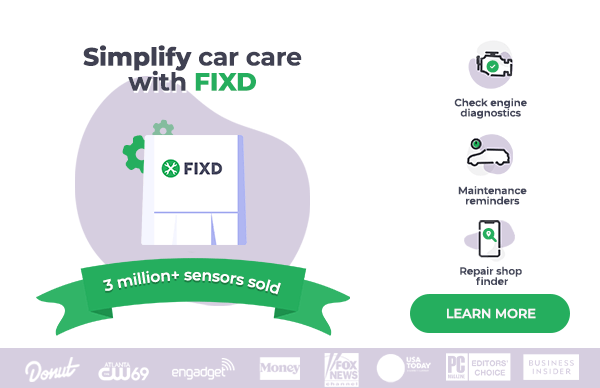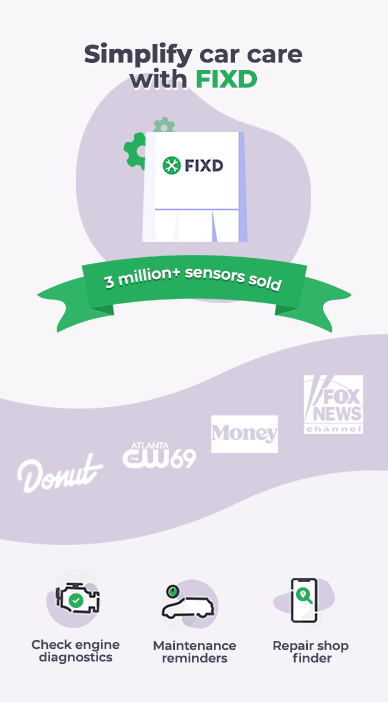When you’re ready to sell your car, there are a few documents you’ll need to have on hand. This guide will walk you through the complete list of papers you’ll need to make the sale go as smoothly as possible. Keep in mind that this list may vary depending on your state and country, so be sure to check with your local Department of Motor Vehicles (DMV) for specific requirements.
The Most Important Documents When Selling a Car
You’ll need to gather some important documents as you prepare to sell your car. These will help you protect yourself legally and ensure the sale goes smoothly. Here’s a look at the two essential documents you’ll need to sell a car.
Bill of Sale
The bill of sale is the most important document you’ll need when you’re selling a car. This document proves that you, the legal owner of the vehicle, are selling it to the new owner identified on this document. It is the only document that is always required when selling a car. Without a bill of sale, the buyer may not be able to register the car in their name.
The bill of sale should include all pertinent information about the car, such as the make, model, year, VIN, and odometer reading. It should also include the selling price and your contact information. Most importantly, it should include the seller’s name, address, and contact information. If you include a warranty with the sale, list all the details in the bill of sale.
Once you and the buyer have signed and dated the bill of sale, keep a copy for your records. The buyer should also keep a copy, as they will need it to take legal ownership of the vehicle. This document will give you everything you need to complete a successful sale.
Vehicle Title
This is the next most important document when selling a car. In most cases, you will need to sign your title over to the buyer. However, the process is a little different if you’re selling a relatively new or financed car. In this case, you’ll need to contact your lender and request a payout statement. This document will list the remaining balance on loan and how to pay it off. Once you’ve paid off the loan, you’ll receive the title from the lender. Then you can sign it over to the buyer.
Another instance is if you’re selling a leased car. In this case, you’ll need to contact the leasing company and request a termination of lease form. This document will outline the terms of the lease and how to go about ending it. Once you’ve returned the car to the leasing company and paid any outstanding fees, they’ll send you the title. Then you can sign it over to the buyer.
If you’ve lost your car title, don’t worry–you can apply for a duplicate title from your local DMV. This process will vary depending on your state, but you’ll likely need to fill out a form and pay a small fee. Once you have the duplicate title, you’re good to go.
Some states don’t issue titles to vehicles older than a certain age. If you have a title for a vehicle older than this limit, you will still need to sign it over to the buyer, but the state will not issue a title to the buyer, only a registration. If you are looking to buy a car that is old enough to not have a title, you will need the current registration, which will take the place of the title in proving that the seller is the current legal owner of the car. The bill of sale will prove that this legal ownership is being transferred to the buyer.
Additional Documents Required To Sell A Car
The documents listed above are the most important ones you’ll need to sell a car. However, there are a few other documents that may be required in your state or that you may want to provide to buyers for extra peace of mind. These include:
Current Vehicle Registration
Another document you may need when selling a car is the current vehicle registration. In most states, you’ll need to provide the buyer with a current registration certificate for the car. This proves that the car is registered in your name and up to date on all fees.
You should have a physical copy of the registration certificate. If not, you can usually get a copy from your state’s DMV website. You may need to pay a small fee for this service. If your registration has expired, you may need to renew it before selling the car. This process is usually pretty straightforward: head to your local DMV, renew the registration, then provide the new registration document to the buyer.
Service Records
When you sell your car, the buyer may want to see service records as proof that the vehicle is properly maintained. Though service records are never required, they are helpful to show that you’ve kept up with regular maintenance like oil changes, tune-ups, and tire rotations. If you don’t have service records, the buyer may be less likely to trust that the car has been well-cared-for and may be less willing to pay your asking price. For this reason, it’s always best to gather your service records before listing your car for sale.
Vehicle History Report
A vehicle history report is a document that provides detailed information about the car, including its previous owners, mileage, accidents, and repair history. This report is not required but can help you sell the vehicle by giving the buyer peace of mind that they’re getting a quality car. You can order a vehicle history report from companies like Carfax or AutoCheck. Be sure to give the report to the buyer when you sell the car.
Owner’s Manual
The owner’s manual is an essential document that contains information about the car, like how to troubleshoot common problems. The manual can also be helpful in understanding the car’s features and controls. Producing the owner’s manual is never required in a sale but is nice for the new owner to have. New vehicles come with an owner’s manual, but you may be able to find one for older cars online.
Warranty Information
Is the car still under the manufacturer’s warranty or extended warranty? If so, that will be attractive to many buyers, so ensure you have a copy of the warranty information to give to the new owner. The warranty is never required, though, and would not need to be produced if the car is out of warranty.
Smog Test Certificate
If you live in California, you’ll need to provide the buyer with a copy of a smog certificate. This document shows that the car has passed a required emissions test and meets all applicable standards. Note that most states do not issue a separate smog certificate, however.
Selling a car seems daunting, but it doesn’t have to be. With a little preparation, you can have all the documents you need to sell a car in no time. Just be sure to research and check with your local DMV for specific requirements in your state or country. Happy selling!

At FIXD, our mission is to make car ownership as simple, easy, and affordable as possible. Our research team utilizes the latest automotive data and insights to create tools and resources that help drivers get peace of mind and save money over the life of their car.














